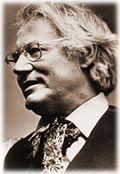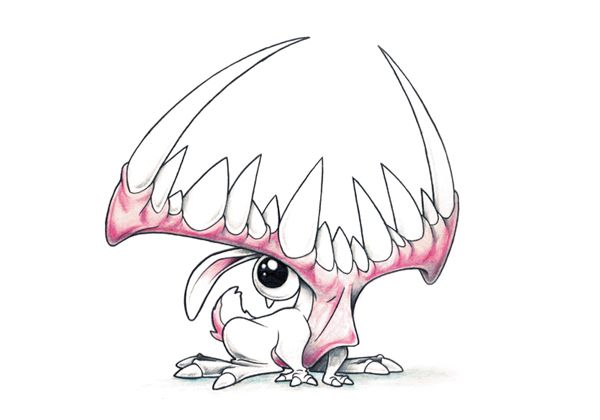Artist of the Day

"I know a lot of men who are healthier at age fifty
than they have ever been before,
because a lot of their fear is gone."
I love poetry. There was a time where I would write and write it. The problem is that being the egotistical bastard I am, I focused more on the liberal side of poetry of 'free form'. Basically writing shit down. I've only taken one poetry class in my post secodary life, and had encouragement to even speak at a poetry bar since my TA (and one friend, I don't know if anyone else in the class appreciated my long windedness) actually liked the poem. 'It was a bit more sincere' said my friend Paul, as opposed to this jittery geek that sat across from me reciting his apparently.
Well I just picked up my old poetry text and read some poems and I am proud to present the artist of the day, the poet:
Robert Bly. Born in Madison Maine 1926, he served in the military from 1944-46. A delicious type of poet because he has beautiful ideas about the interaction of poetry and poets. He was one of the main poets who led the poetic side of the "Men's Movement". Granted this sounds sexist as hell, but it was more of a "Men's Experession Movement". As said in my text "20th Century Poetry & Poetics":
Although he was active in the anti-war movement and it's publicaitons (Writers Take Sides Against Vietnam), the political thrust of Bly's work soon shifted from the social to the psychological realm and continued in that direction, leading him directly to his work with Michael Reade and James Hillman in the men's movement, the central concern which as been to help men get in touch with their repressed masculinity - a process that involves, inronically, not endorsing macho values, but tapping inner strengths, including an awareness of the feminine, the anima."
Yes deep shit indeed. But of course that isn't what draws me to his work, it's more the fact that his poems are morbid and fun. Take this cute little poem about shrinking bodies:
Counting Small-Boned Bodies
by Robert Bly
Let's count the bodies over again.
If we could only make the bodies smaller,
the size of skulls,
we could make a whole plain white with skulls in the moonlight.
If we could only make the bodies smaller,
maybe we could fit
a whole year's kill in front of us on a desk.
If we could only make the bodies smaller,
we could fit
a body into a finger ring, for a keepsake forever.
What further draws me into his work is how much Neil Gaiman he is like, almost a diet version of Gaiman. His small essay on 'Poetics' at the back of the book is incredibly immersive, discussing how over the history of mankind we start to try and seperate our conscious self with our un-conscious self, which he feels is a way of losing some ways of creativity. This may be true since artist's who use drugs, might do in order to close the gap between the conscious and un-conscious:
"The dragon smoke means that a leap has taken place in the poem. In many ancient works of art we notice a long floating leap at the centre of the work. That leap can be described as a leap from the conscious to the latent intelligence (Stephen's note: now generalized as the un-conscious) and back again, a leap from the known part of the mind to the unknow part and back to the known."
I suggest to read, "The Dead Seal".











